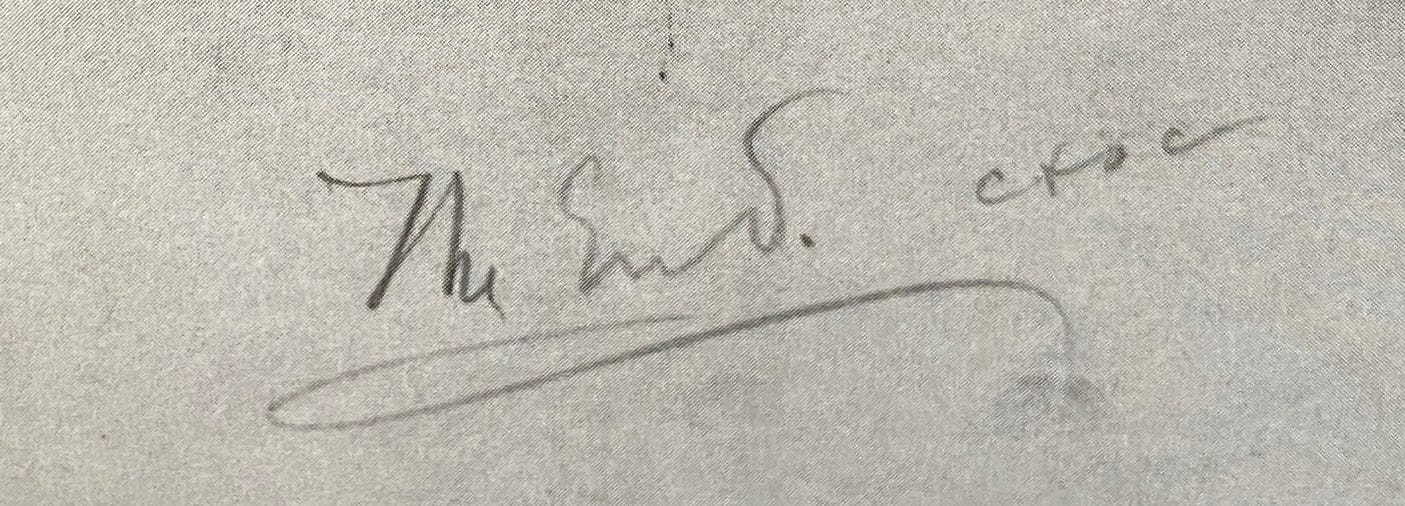Finis
write the end to survive the middle
Whether you've finally reached the end of your book, or you are just at the beginning, or you're bogged down in the middle of things, or you have no idea where your book is going, consider taking the plunge and writing your final scene.
Or part of it. Or two versions of it, or 47 versions of it (like Hemingway did with A Farewell to Arms). If you don't want to decide how it ends till you get there, go for multiple variants. If you've already written it, go back in and see if it needs updating based on what you've added or edited lately. The idea here is that the end is a scene you're going to be excited about, so it will come out with vigorous energy, but also that having it in place will function like a counterweight to get you through the middle, which can be a slog, and is so often the hardest part.
Now the question is what makes something a satisfying end? It's not just the last thing that happens, that ties everything together, the distal point in your plot arc. It's the dawning understanding that changes the way the whole preceding book should be read. So, to find the end, ask yourself not what happens last but what's different about the world — for your characters, your narrator, your reader — after the thing that happens last.
A few memorable endings:
"You won't forget your mother, will you, Robert?" he said. And with wonder clinging to him (for it had been a revelation: neither he nor anyone else had known that his life was going to be like this) he moved away from the coffin.
—They Came Like Swallows, William Maxwell
This is not a story to pass on.
Down by the stream in back of 124 her footsteps come and go, come and go. They are so familiar. Should a child, an adult place his feet in them, they will fit. Take them out and they disappear again as though nobody ever walked there.
By and by, all trace is gone, and what is forgotten is not only the footprints but the water too and what is down there. The rest is weather. Not the breath of the disremembered and unaccounted for, but the wind in the eaves, or spring ice thawing too quickly. Just weather. Certainly no clamor for a kiss.
Beloved.
—Beloved, Toni Morrison
But after I had got them out and shut the door and turned off the light it wasn't any good. It was like saying good-by to a statue. After a while I went out and left the hospital and walked back to the hotel in the rain.
—A Farewell to Arms, Ernest Hemingway


